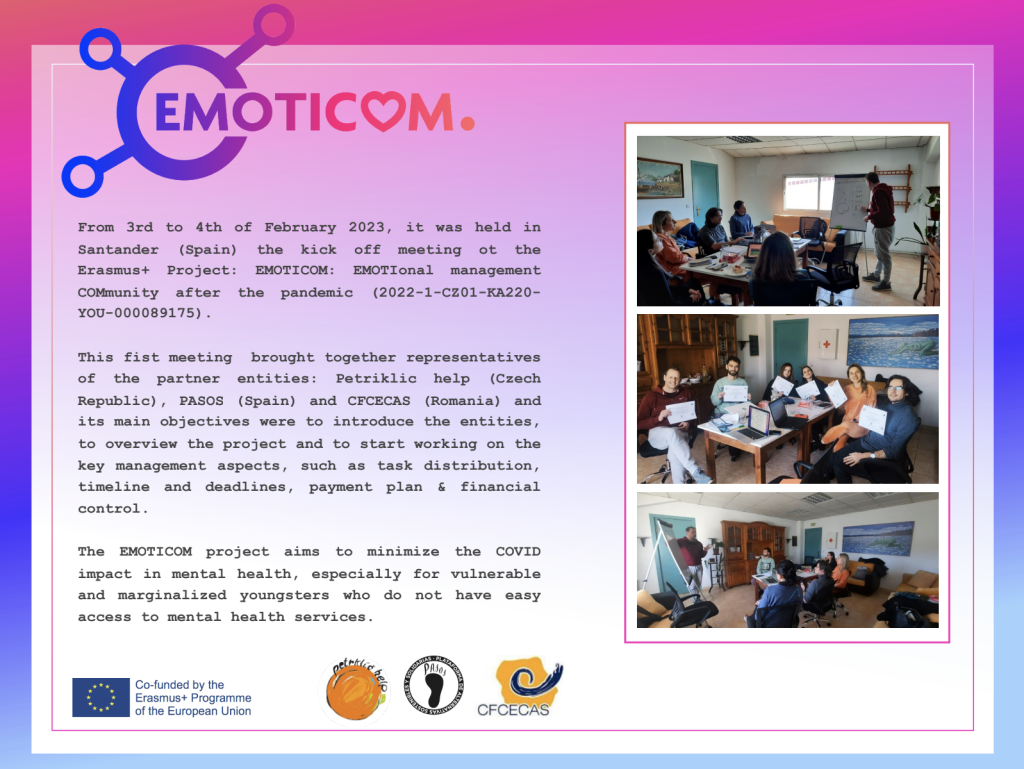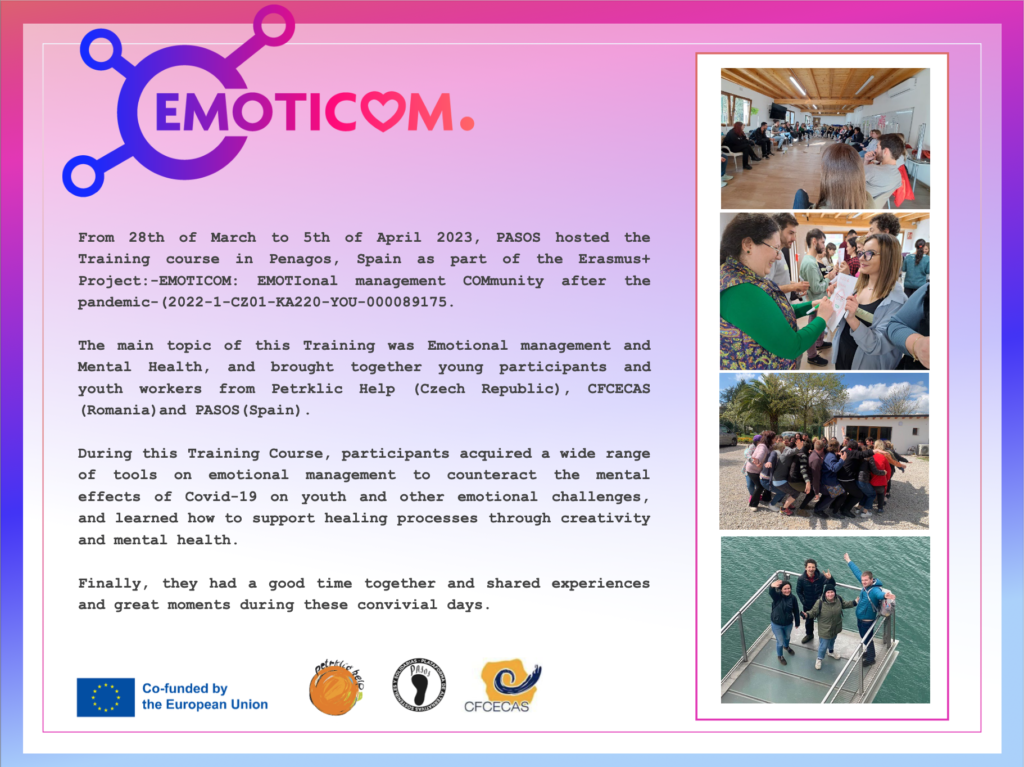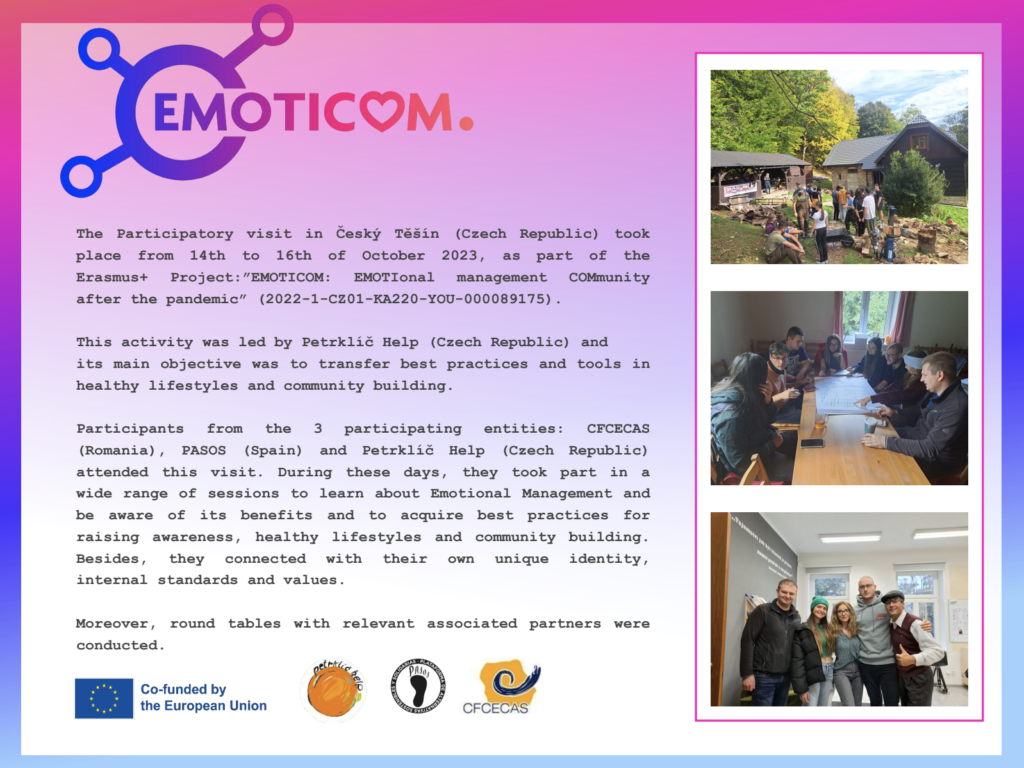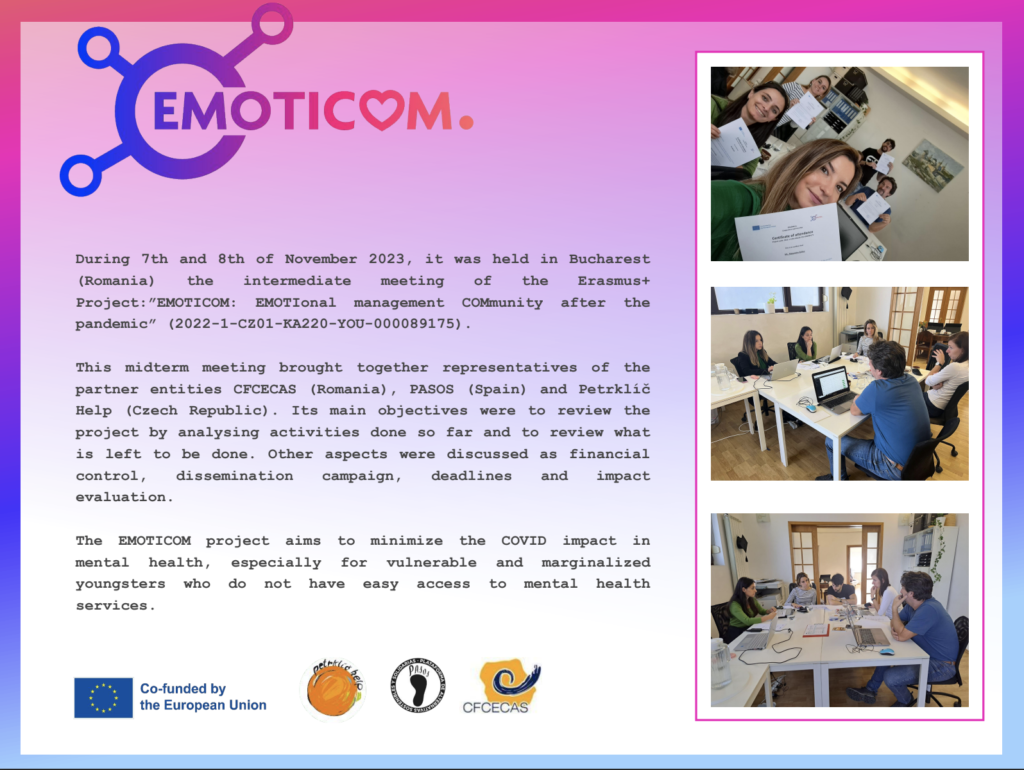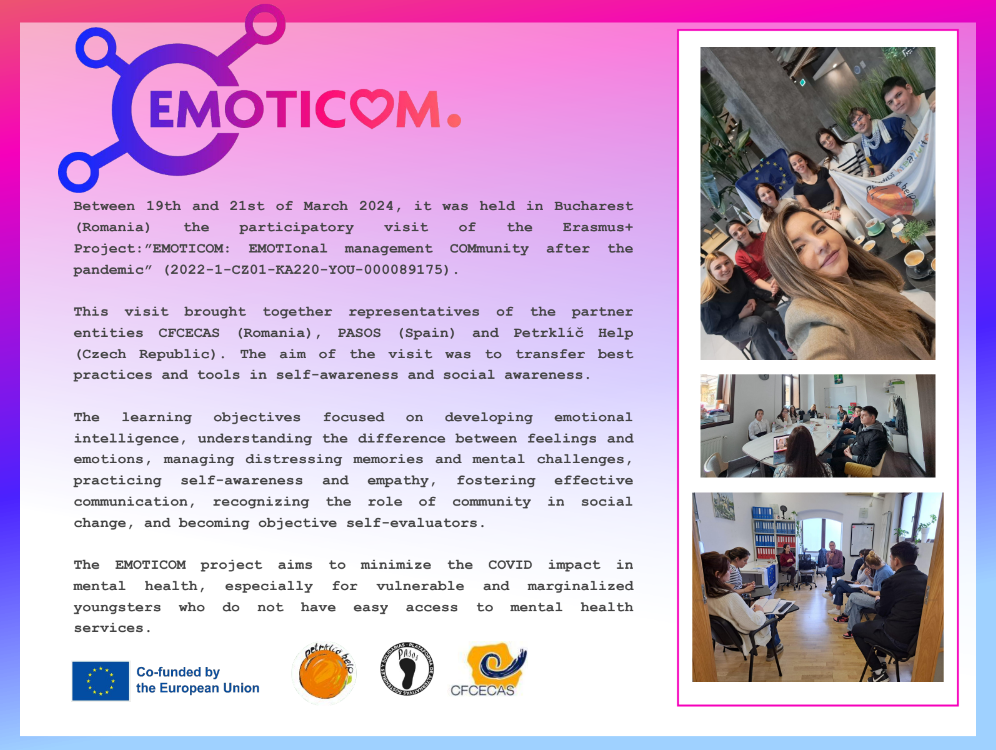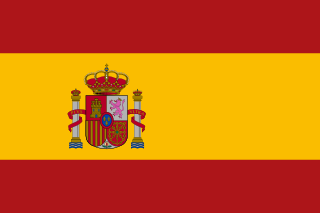Before COVID-19 “More than 1 in 6 people in Europe were living with a mental health problem. “Half of us will experience mental illness in our lifetime.” OECD, 2016. The pandemic has resulted in a growing mental health crisis in Europe. Statement by Dr. Hans Henri Kluge, World Health Organization (WHO) Regional Director for Europe “From anxieties around virus transmission, the psychological impact of lockdowns and self-isolation, to the effects of unemployment, financial worries and social exclusion—the mental health
impact of the pandemic will be long-term and far-reaching.” The Health at a Glance Europe 2020 (OECD and European Commission) states, “The pandemic and the subsequent economic crisis caused a growing burden on the mental well-being of the citizens, with evidence of higher rates of stress, anxiety and depression. “Young people and people in lower-income groups are being considered at increased risk.”
An International Labor Organization survey found that due to the pandemic, 1 in 2 young people (aged 18–29 years) are subject to depression and anxiety.
A research study, “Life During a Pandemic” (PAQ Research, IDEA AntiCovid initiative, NMS agency-SIMAR member) demonstrates that the 1st wave caused mental problems in 1 of 5 persons in the Czech Republic. On April, 2020, 40% of youngsters (18-34 years) had big worries about the pandemic, and 39% had partial worries. Symptoms of at least moderate depression or anxiety were most common in the spring and autumn waves among the youngsters under 24 years old (34%) and 25-34 years old (25%). The Study: “How much of an impact, if at all, has the COVID-19 outbreak had on the state of your mental health?” (Statista) shows that Spain is the 3rd country with the worst impact on mental health. The study “Gender-based approach on the social impact and mental health in Spain during COVID-19 lockdown” (Institut Universitari d’investigació en Atenció Primària “Jordi Gol”) states that a higher proportion of anxiety was found in youth (18–35 years), 39.7% in women and 23.2% in men. Depression was higher in the younger population (18–35 years), 42.1% in women and 28.4% in men.
A study conducted by the Socola Institute of Psychiatry, the University of Medicine and Pharmacy “Grigore T. Popa” Iasi, the Romanian Association of Psychiatry and Psychotherapy and the University of Transylvania, demonstrates that in Romania 47% of youngsters and 46% of women reported stress levels. Approximately a third of surveyed people reported greater nervousness, being more pronounced in women (35%) and young adults (38%). A quarter of respondents (28%) expressed an increase of loneliness throughout the pandemic, with the largest deterioration of sociality being reported by
younger age groups (36%). These and other alarming key findings are stated in the Annex Context Analysis.
AKTIVITY
